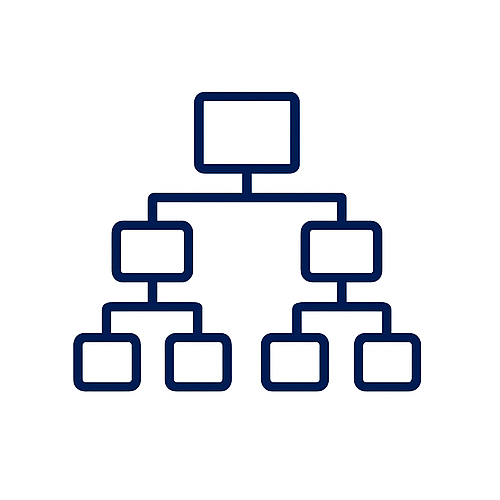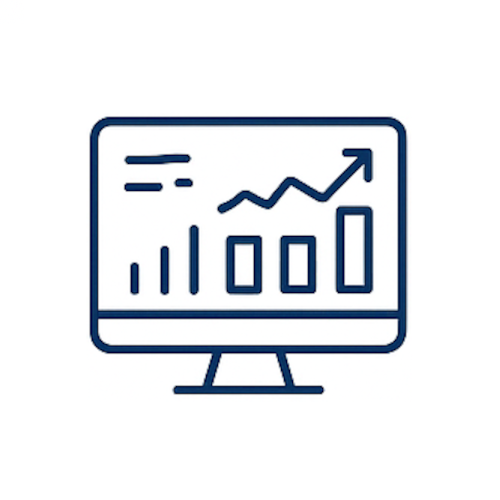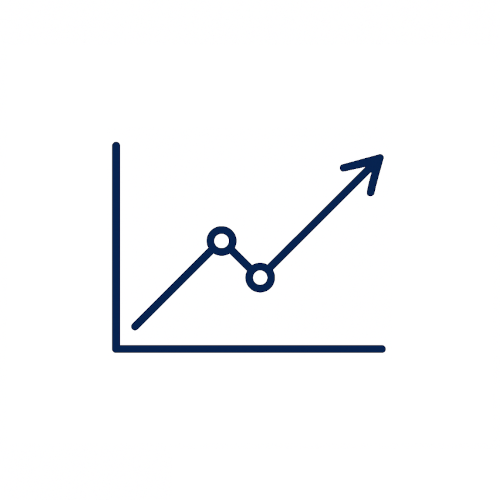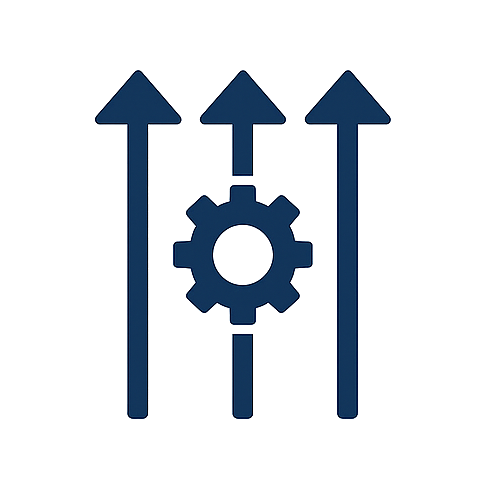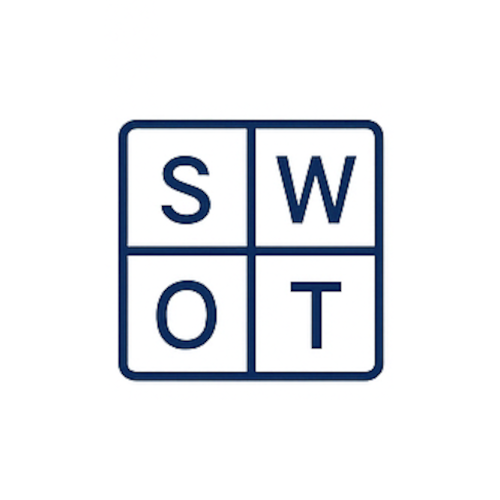Small to medium-sized enterprises (SMEs) play a crucial role in the global economy, yet they often encounter strategic planning and decision-making challenges due to their limited resources. To overcome these hurdles, strategy planning tools are increasingly becoming indispensable for SMEs, providing them with the capabilities to manage, prioritize, and execute their strategies effectively.
Centralized Data Management: A Single Source of Truth
One of the primary challenges for SMEs is managing and leveraging their data efficiently. While they may handle smaller volumes of data compared to larger organizations, the need for accurate and up-to-date information is just as critical. Strategy planning tools offer centralized data management, enabling businesses to gather, analyze, and store all relevant information in a single, easily accessible location. This centralization is key to ensuring that decision-making is informed by the most current data, eliminating the risks associated with outdated or fragmented information typically managed through disparate Excel sheets or PowerPoint presentations.
By centralizing data, SMEs can avoid the common pitfalls of version control issues and the mismanagement of critical information. This approach not only streamlines progress tracking but also allows businesses to quickly adjust strategies in response to new developments, ensuring that they remain agile and responsive in the market.
Enhanced Collaboration: Breaking Down Silos
Even with a smaller workforce, SMEs must prioritize effective collaboration to achieve their goals. Traditional methods of communication, often reliant on email chains or sporadic meetings, can lead to silos and misalignment across departments. Strategy planning tools, however, offer a collaborative platform that promotes real-time teamwork and transparency.
These tools enable teams to work together seamlessly, share insights, and track progress across various initiatives. By providing a clear and shared view of organizational goals, these platforms help ensure that every department is aligned and contributing towards the same objectives. This level of enhanced collaboration not only improves efficiency but also promotes a culture of accountability and collective ownership of the company’s strategic direction.
Goal Identification, Prioritization, and Dependency Tracking
For SMEs with limited resources, setting clear and achievable goals is essential. Strategy planning tools are designed to help businesses identify their strengths and weaknesses, allowing them to create a well-defined roadmap for achieving their objectives. This process includes not only setting goals but also prioritizing them based on their strategic importance and available resources.
Moreover, these tools offer advanced features like dependency tracking between milestones and initiatives. This capability is critical in complex projects where the success of one task may depend on the completion of another. By linking goals to overarching strategies and tracking dependencies, SMEs can better manage their resources, avoid bottlenecks, and ensure that all initiatives are aligned with their long-term vision.
Competitive Analysis and Risk Management
Another key feature of strategy planning tools is the ability to conduct competitive analysis and manage risks effectively. SMEs often operate in highly competitive environments where understanding the market landscape is essential. These tools provide the necessary frameworks to analyze competitors, identify market trends, and adjust strategies accordingly.
Additionally, the integration of risk management within these platforms allows businesses to log and monitor risks associated with their initiatives. This ongoing risk assessment ensures that potential issues are identified early, and mitigation strategies are implemented proactively, reducing the likelihood of project delays or failures.
Avoiding the Pitfalls of Traditional Methods
One of the most significant advantages of strategy planning tools is their ability to replace outdated methods of strategy documentation and management. Traditionally, businesses have relied on Excel spreadsheets, PowerPoint presentations, and other static documents to plan and track their initiatives. However, these tools are often prone to version control issues, data loss, and quickly becoming outdated.
In contrast, strategy planning tools offer a dynamic platform where information is always current and accessible. They provide a centralized location for all strategic data, eliminating the need for multiple versions of documents and ensuring that all team members are working with the most accurate and up-to-date information.
Conclusion
For SMEs aiming to thrive in a competitive market, adopting advanced strategy planning tools is not just beneficial but necessary. These tools empower businesses to manage their data centrally, enhance collaboration across teams, set and prioritize goals, and effectively track dependencies and risks. By moving away from traditional methods and embracing these modern solutions, SMEs can ensure that their strategic initiatives are well-planned, executed, and aligned with their long-term goals.
At Sengi Solutions, we provide comprehensive strategy planning tools designed to meet the unique needs of SMEs. Our platform enables businesses to track their initiatives, manage dependencies, conduct competitive analysis, and log risks, all within a single, easy-to-use system. With Sengi Solutions, you can ensure that your strategic planning is always up-to-date, accurate, and aligned.

